
Editor’s note: Many thanks to Dr. John at Flopping Aces for bringing this 6-year-old-post back into our “Popular Right Now” column for a few minutes. I hope he’s given himself a good pat on the back for his snarky observation; I hope you’ll read just a bit more than he obviously did…. it’s a short post, and not that hard to understand (especially for someone with his educational background).
Last week I wrote a post about curbside composting programs that some cities have started. One of the benefits of keeping compostable food out of landfills, I wrote, is that it reduces landfill methane – a greenhouse gas that is 72% more powerful than carbon dioxide.
One of the readers, Dean, posed a question in the comments.
Does this actually reduce methane emissions? It seems, based on the lack of detail in the article, that the same amount of methane would be produced whether the organic waste was sitting in a compost pile or a landfill. Why wouldn’t that be true?
This is a good question, and I thought it deserved to be answered in a post instead of just a reply in the comments section.
Landfill methane is a gas that is produced in a landfill because the things in the landfill undergo anaerobic decomposition. Basically, this means that because municipal solid waste that is buried in a landfill does not receive oxygen, it will produce methane.
A compost pile, on the other hand, undergoes aerobic decomposition. Because it is exposed to oxygen, either by turning it or through the use of worms and other living organisms, it produces CO2 (carbon dioxide) instead of methane.
Of course, not all compost piles are treated the same, so some attention needs to be paid to the compost pile to so that it receives the oxygen that it needs. But, if a compost pile is being taken care of properly, it will produce far less methane than a landfill.
This is a very basic answer, but I think it should answer the question as to why food waste is better off in a compost pile than in the local landfill.
Image credit: megansquire via Flickr (Creative Commons)

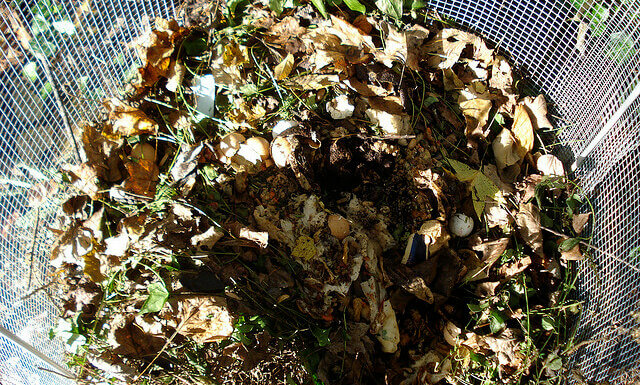




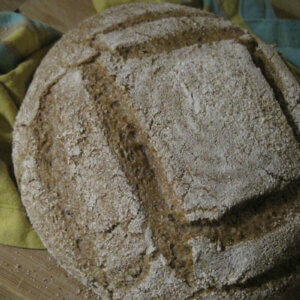
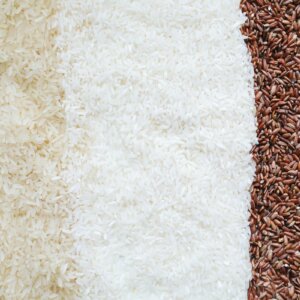
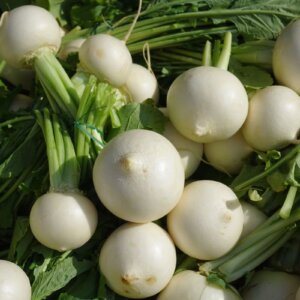
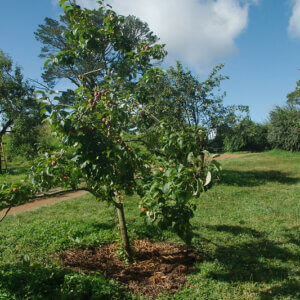



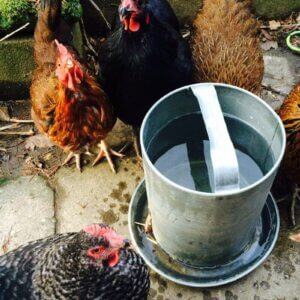



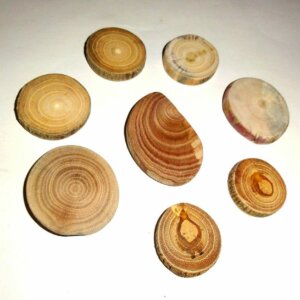



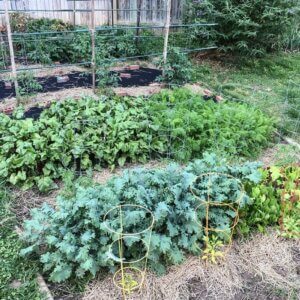






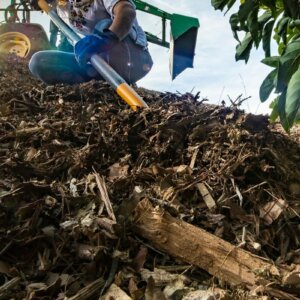


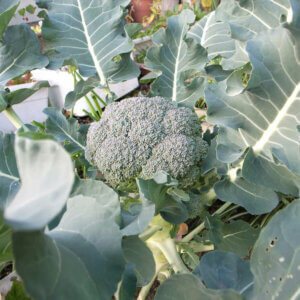

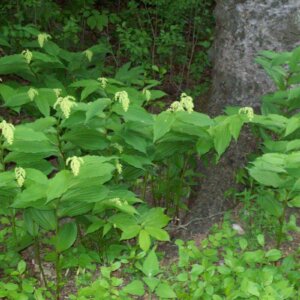





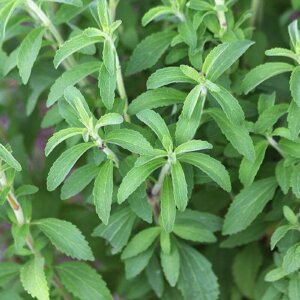
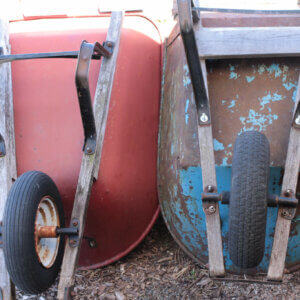

Liberals always have the dumbest arguments. They also tend to have zero supporting evidence. As you see in this article, the answer was just a reiteration of what they have already claimed without any empirical evidence. There’s zero evidence to support this claim, at least that google will show me.
Instead of trying to change peoples minds through fear, which is what this is along with other environmental campaigns that lead to idiotic ideas like trying to tax cyclists. Wouldn’t it be better to show the verifiable benefits of composting at home? You know, things you can actually prove?
I hate you
You lost me where you wrote methane “a greenhouse gas that is 72% more powerful than carbon dioxide.” It is 20 to 25 times greater than CO2.
Prof. Oliver Wingenter
Funny . Like 20 other liberals had already called them out before you .
Methane is 72% more powerful than carbon-dioxide, and more methane is produced in a landfill than by composting. However, less carbon-dioxide is produced in a landfill. Are you implicitly suggesting that the greater amount of methane that is produced in a landfill more than offsets the benefit from the smaller amount of carbon-dioxide that is produced in a landfill? The reason I ask is that it’s a bit misleading to talk entirely in terms of percentages when the decomposition process takes place so much more slowly in a landfill. The overall volume of production might be reduced for both gases, even though the percentages are less desirable.
Nonsense
Every single scientific paper states that methane is produced under aerobic conditions in home composting.
It may reduce emissions, and if you are a gardener the compost is great, but stating it as a way of saving the planet is dumb and lacks research.
What is better than composting, would be to divert all household organic waste (garden waste, kitchen scraps, cooked food and pet shit) along with organic waste from agriculture into industrial biogas digestors . The resulting methane can be burnt to create electricity, and the waste left over is excellent fertilizer that can be distributed back to farms. Youre welcome.